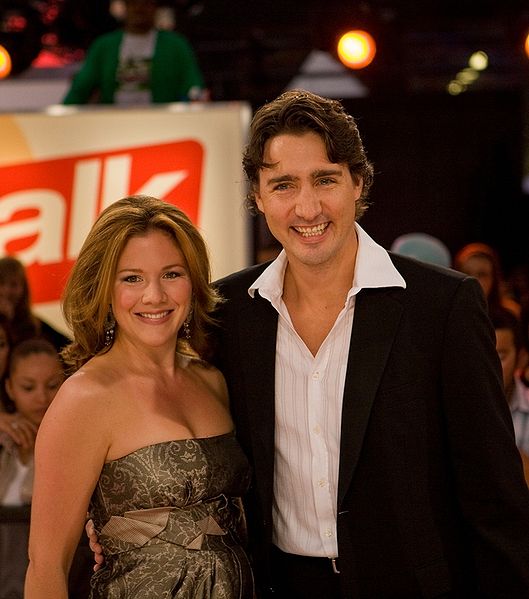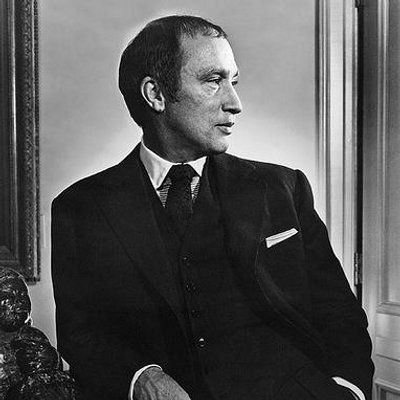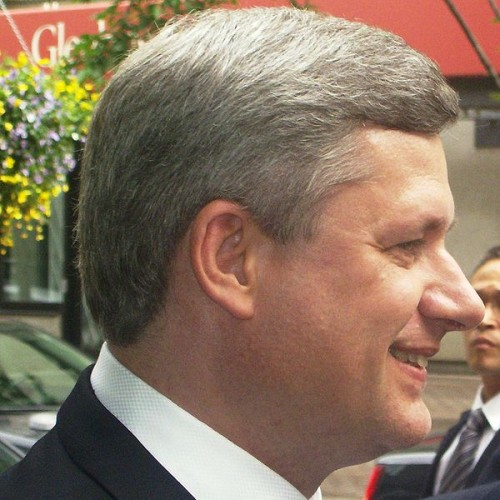
Justin Trudeau’s Liberal Party won a resounding victory in the Canadian federal election on October 19, winning 184 seats in the 338-seat House of Commons. The ruling Conservatives were reduced to 99 seats, the New Democrats to 44, with the Bloc Québécois at 10 and the Greens with one.
This was a very long campaign, and each of the three major parties were in the lead at one time or another during its 78-days duration.
The Liberals won just 34 seats in the last federal election in 2011, far behind both the New Democrats, who came second with 103, and the Conservatives, who won the election with 166. Many thought they were on the road to extinction.
At first few people gave Justin Trudeau, the Liberal leader since 2013, much of a chance. He is, after all, a man with a thin resumé. Although he’s 43 years old, he hadn’t done much in his life prior to entering politics in 2008. He seemed like a dilettante coming from a rich background.
But he capitalized on the Trudeau name — his father, Pierre, was prime minister from 1968 to 1984, with one brief interruption — plus the fact that after nine years in office, Prime Minister Stephen Harper had outlived his welcome. The Conservatives seemed tired and dispirited as the campaign wore on.

Trudeau benefited from being underestimated by both Harper and Thomas Mulcair, the New Democratic Party (NDP) leader. The Conservatives ran television ads saying Trudeau was simply not ready to lead the country.
I always thought the Conservative ad wasn’t working. Former Liberal leaders Stéphane Dion and Michael Ignatieff — both of them academics and intellectuals with PhDs — were the ones, it seems, who weren’t ready! Both lost elections to Harper.
A seasoned politician like Thomas Mulcair has also been swept aside, a victim of the “anyone but Harper” feeling. The NDP has been reduced to its traditional third place in the next parliament.
The NDP will take a very long time to recover from this. It was one thing to always run third, but another to be reduced to it again (and badly) after seeing power within their grasp for the last four years. No one likes to go backwards. The NDP, in a sense, is even a bigger loser than Harper.
The combination of Trudeau’s famous last name, plus dissatisfaction by large numbers of the public with Harper, catapulted him into winning a majority government.
Trudeau’s upbeat message of hope and change clearly resonated with the electorate; he came across as a “happy warrior.”

Despite being prime minister for nine years, Harper was an outsider who, as an Albertan and religious person, was always disliked by our “Laurentian elites,” that governing class living in the Montreal-Ottawa-Toronto triangle, who believe that only they have the right to govern Canada.
The intense dislike of Harper mystified me because, frankly, I don’t see today’s Canada as all that different from the one he inherited nine years ago.
All the politically correct groups remain active; special interests continue to dominate the culture, in the arts, academia and journalism; the Supreme Court has stopped the government in its tracks a number of times, and so on.
In terms of foreign affairs, I expect Trudeau to take less of a hard line against Russia in relation to the situation in Ukraine. He will also probably be less involved than Harper was in fighting the Islamic State in the Middle East, not as supportive of Israel, and more favorable towards admitting Syrian refugees to Canada. This is definitely not good news for Israeli prime minister Benjamin Netanyahu.
Bill C-51, the anti-terrorism act of 2015 which broadened the authority of Canadian government agencies to share information about individuals easily, might also come up for renewed scrutiny.
The Conservatives brought in the bill — which would broaden the Canadian Security Intelligence Service’s mandate — following the murders of two Canadian soldiers last October.
The legislation gives CSIS the ability to disrupt terror plots, make it easier for police to limit the movements of a suspect, expand no-fly list powers, crack down on terrorist propaganda, and remove barriers to sharing security-related information.
Though Trudeau’s Liberals supported the bill, much of public opinion is uneasy with it, and it remains to be seen if the Liberals might not amend or replace it.
Canada’s Jews were quite divided in this election, according to polling, but more of them stayed with the Conservatives than was the case with other groups. In the riding of Thornhill, in suburban Toronto, the constituency with the largest number of Jews in Canada, the Conservative candidate, Peter Kent, easily retained his seat, by a wide margin, while in most of the greater Toronto area, Conservatives were going down like nine-pins.
Henry Srebrnik is a professor of political science at the University of Prince Edward Island.

